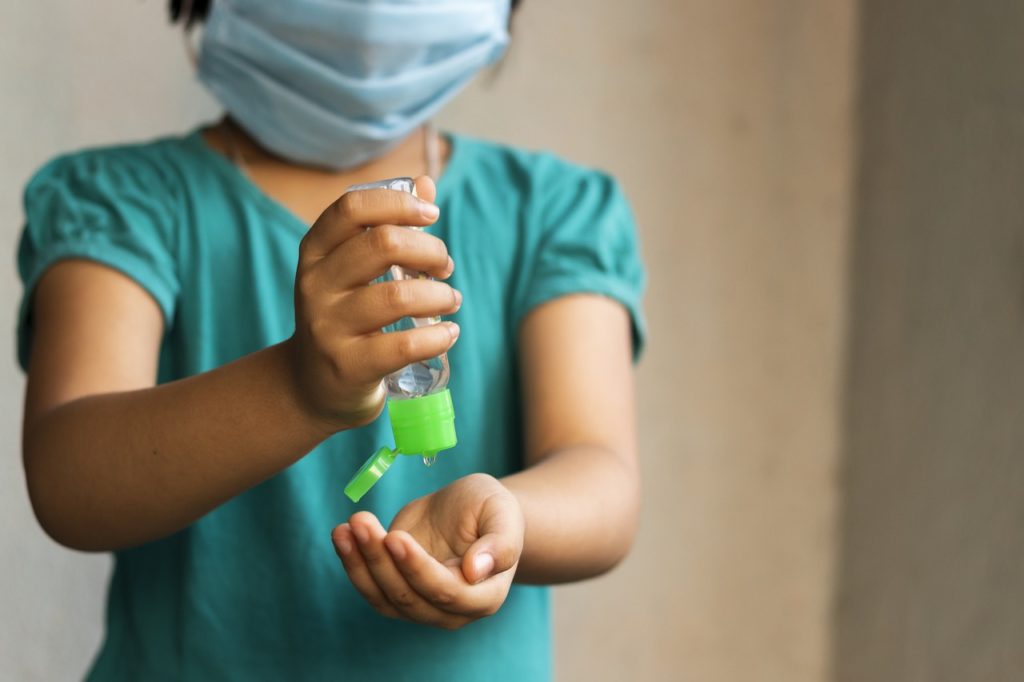The coronavirus that causes Covid-19 can remain active on the skin for up to nine hours, according to a new paper published by a team of Japanese researchers.
Since the beginning of the worldwide pandemic of the infection caused by the virus SARS-CoV-2, hand hygiene has been stressed as one of the three main means of slowing the spread of the disease.
Hand washing is a fundamental health precaution in medical practice as well as everyday life in general, from the toilet to the kitchen. The importance of that precaution has now been spelled out by research carried out by scientists from Kyoto school of medicine in Japan.
The team studied the persistence of two viruses – SARS-CoV-2 and the influenza virus IAV – on human skin, as well as the effectiveness of an 80% concentration of ethanol (alcohol) on the viruses.
They found that the viruses survived for less time on human skin than on other surfaces like plastic, steel and glass, but at the same time the coronavirus remained active on skin for longer than the flu virus – nine hours compared to less than two hours.
When treated with the ethanol solution, however, both viruses were inactive within 15 seconds. The hand sanitiser available in shops would have that effect, provided the alcohol concentration was high enough. Many commercially available products are less concentrated, especially since sanitiser has become a product in such high demand.
Interestingly, the study was carried out using skin samples harvested from cadavers at autopsy. The epidermis – the other layer of skin – decays more slowly after death than the other organs of the body, and even one day post mortem still acts like skin from a living subject, and so can be used as a model.
The influenza virus has long been studied, and was used as a control, since its characteristics are well-known and would provide a useful comparison to the Covid-19 virus.
The post mortem skin results were also compared against skin tests on six living subjects, and the results confirmed.
The research has been accepted for publication and can be read at the website of the journal Clinical Infectious Diseases.
Alan Hope
The Brussels Times

